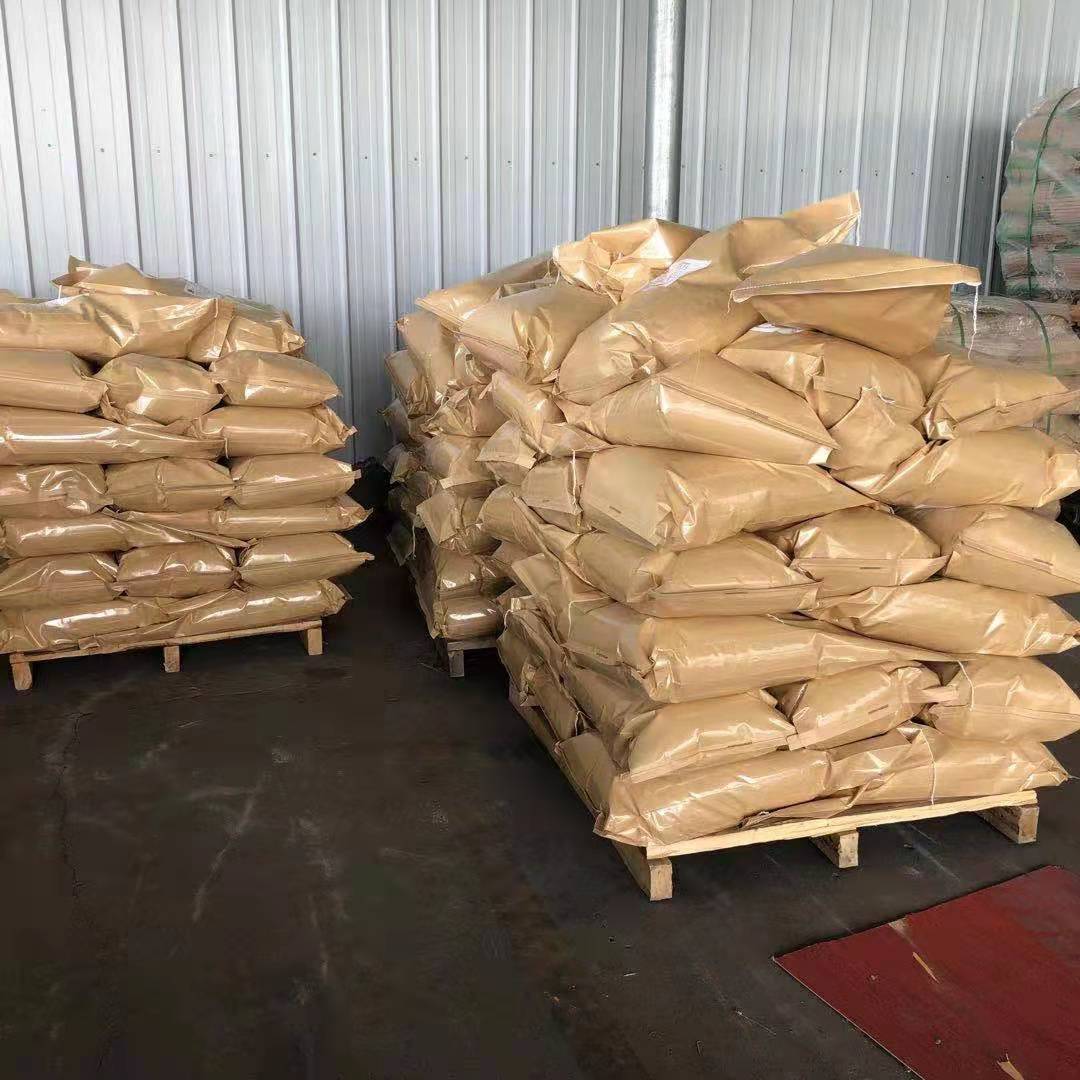
Dez . 10, 2024 19:18 Back to list
NPK Fertilizer Production and Top Manufacturers in the Industry
Understanding NPK Fertilizer Manufacturing A Comprehensive Overview
NPK fertilizers, composed of nitrogen (N), phosphorus (P), and potassium (K), are essential for optimal plant growth and agricultural productivity. The manufacturing of NPK fertilizers has become a significant industry due to the increasing demand for food and the need for sustainable agricultural practices. Understanding the manufacturing process of NPK fertilizers can provide insights into their formulation, benefits, and the role manufacturers play in enhancing global food security.
The Importance of NPK Fertilizers
NPK fertilizers are crucial for enhancing soil fertility and providing plants with the necessary nutrients they need for growth. Nitrogen promotes leaf growth and overall plant vitality, phosphorus is essential for root development and flowering, and potassium helps in water regulation and stress resilience in plants. The right balance of these nutrients can significantly improve crop yields and quality.
As global populations continue to rise, the pressure on agricultural systems to produce more food is intensifying. NPK fertilizers are a key component in meeting this challenge, making NPK fertilizer manufacturers vital players in modern agriculture.
The Manufacturing Process
The manufacturing of NPK fertilizers involves several steps
1. Raw Material Selection The first step is sourcing raw materials, which may include ammonia for nitrogen, phosphate rock for phosphorus, and potassium chloride or sulfate for potassium. The choice of raw materials can vary based on the specific formulations and the availability of resources.
2. Chemical Reactions The production process typically involves various chemical reactions. For instance, ammonium phosphate is created from the reaction of ammonia and phosphoric acid, while potassium salts can be derived from mined minerals. These chemical processes are designed to produce soluble forms of nutrients that plants can readily absorb.
making npk fertilizer manufacturers

3. Granulation After the nutrients have been synthesized, they are granulated to form NPK granules. This step typically involves mixing the various nutrient components in specific ratios, followed by agglomeration to create granules of a uniform size. The granulation process is crucial for ensuring that the nutrients remain evenly distributed and that they dissolve properly when applied to the soil.
4. Drying and Cooling The granules are then dried and cooled to remove excess moisture, which helps in preserving the product’s quality and preventing caking during storage.
5. Quality Control Throughout the manufacturing process, strict quality control measures are implemented to ensure that the final product meets industry standards. This includes testing for nutrient content, solubility, and physical properties.
6. Packaging and Distribution Finally, the finished NPK fertilizers are packaged in suitable containers and transported to distributors, retailers, and directly to farms where they are utilized by farmers.
The Role of Manufacturers
NPK fertilizer manufacturers play a crucial role not only in the supply chain but also in the development of innovative products that cater to specific agricultural needs. They are responsible for continuous research and development to enhance fertilizer efficiency, reduce environmental impact, and create formulations tailored to various soil types and crop requirements.
Manufacturers are also becoming increasingly conscious of sustainable practices. Many are exploring alternatives to traditional fertilizers, such as slow-release formulations and organic options, which minimize nutrient runoff and improve soil health over time. The shift towards sustainable manufacturing practices aligns with global efforts to achieve agricultural sustainability and environmental conservation.
Conclusion
In summary, NPK fertilizer manufacturers are critical to agriculture's success, providing essential nutrients that enhance food production worldwide. The manufacturing process, from raw material selection to quality control, ensures that farmers have access to effective and reliable fertilizers. As the agricultural landscape evolves, manufacturers continue to innovate, addressing the challenges of sustainability and efficiency while meeting the growing demands of a changing world. Understanding the intricacies of NPK fertilizer manufacturing can help all stakeholders in the agricultural sector make informed decisions that contribute to food security and environmental stewardship.
-
10 10 10 Fertilizer Organic—Balanced NPK for All Plants
NewsJul.30,2025
-
Premium 10 10 10 Fertilizer Organic for Balanced Plant Growth
NewsJul.29,2025
-
Premium 10 10 10 Fertilizer Organic for Balanced Plant Growth
NewsJul.29,2025
-
Premium 10 10 10 Fertilizer Organic for Balanced Plant Growth
NewsJul.29,2025
-
50 Pound Bags of 13-13-13 Fertilizer for All Plants – Bulk & Organic Options
NewsJul.28,2025
-
High-Efficiency 15-30-15 Granular Fertilizer for Healthy Crops
NewsJul.28,2025
